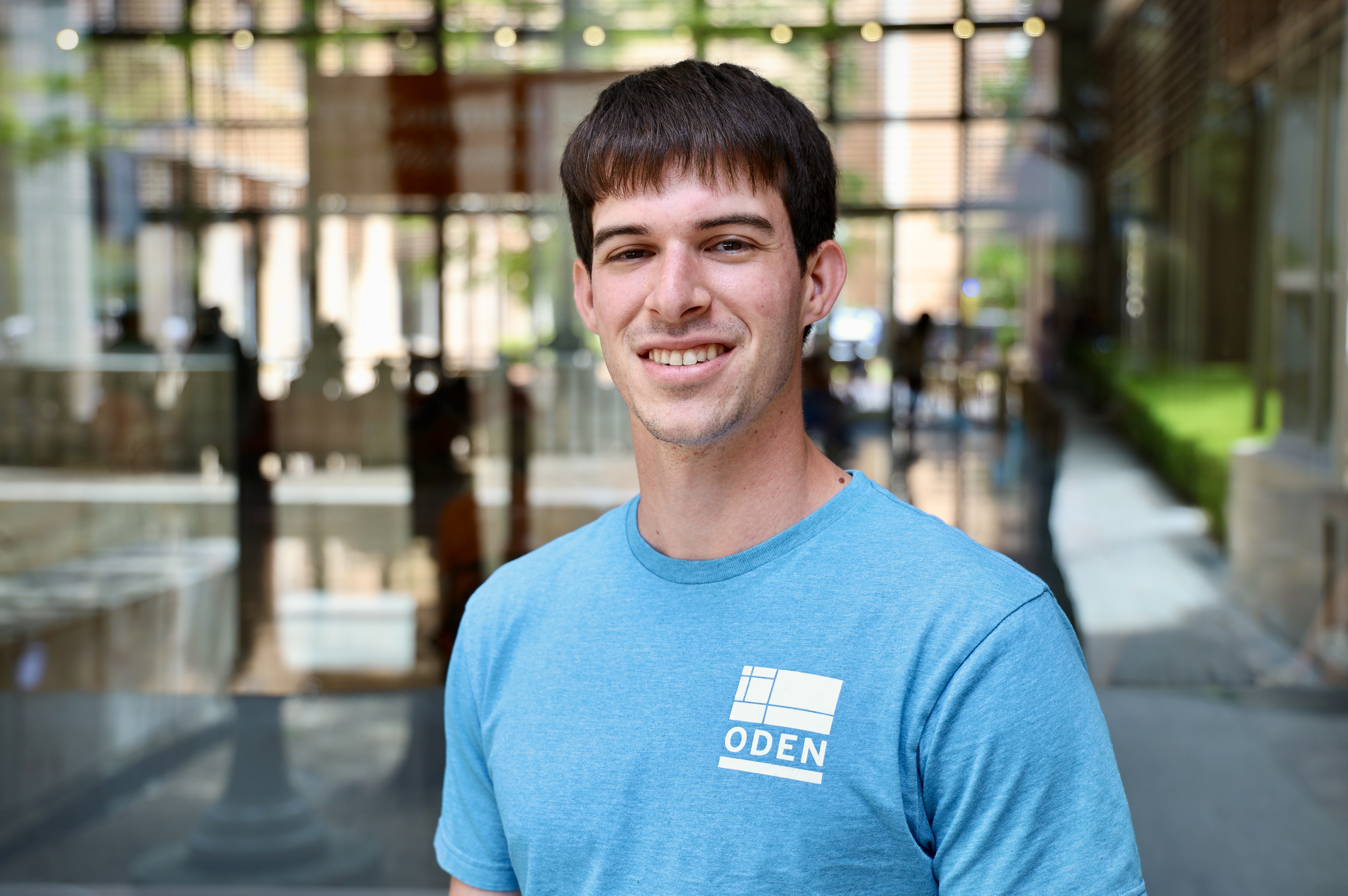At the Oden Institute for Computational Engineering and Sciences, graduate students are at the forefront of an exciting intersection between computational techniques and medical challenges. The Computational Medicine Portfolio Program stands out as a dynamic bridge that merges computing and medicine, fostering interdisciplinary research that pushes the boundaries of both disciplines.
Understanding Portfolio Programs
UT Austin's graduate portfolio programs offer students a unique opportunity to gain credentials in specialized, cross-disciplinary fields while pursuing their main degree. These programs promote collaboration across various domains, uniting students and faculty with a shared passion for emerging areas of study.
What is Computational Medicine?
Computational Medicine uses advanced mathematical and simulation approaches to model the human body in a spectrum ranging from the molecule to the organ to the entire body and, ultimately, to the health care system. To accurately represent such complex systems, the models need to capture the individuality of health and disease for accurate decision making at all levels. Ranging from the patient to the policy, these require state-of-the-art computational capabilities to make them a reality. The models can be theory–, knowledge–, or data–driven, or any combination of the three.
About the Computational Medicine Portfolio Program
The Computational Medicine Portfolio Program is designed for graduate students with strong backgrounds in mathematics or physical sciences, who may have limited exposure to biology or medicine. The program equips these students to collaborate effectively with medical professionals and contribute to interdisciplinary research. Participants can delve into specialized areas within Computational Medicine, such as cardiology, oncology, or neurology.
Benjamin Thomas’ Experience in the Computational Medicine Portfolio Program
Benjamin Thomas, a graduate student in the Computational Medicine Portfolio Program, offers a unique perspective on the program. With a dual degree in bioengineering and computational math from Louisana State University, Benjamin initially planned to follow a pre-med track before shifting his focus to computational studies.
“I joined Oden Institute because I did a research project over the summer,” Benjamin recalled. “One of the people in that group suggested I might like this place. That’s how I found out about the Institute and the Computational Medicine Portfolio Program.”
Benjamin’s time in the program has been rewarding. “It’s been great so far,” he noted. “Since the portfolio was started recently, it's adapting to fit the needs of the students enrolled.” He emphasized the benefits of the program’s interdisciplinary approach. “The extra courses that are offered in the portfolio are definitely helping me solidify my understanding in that area.”
